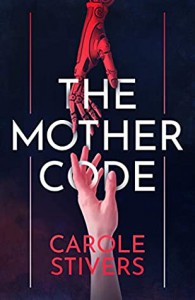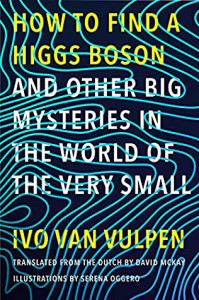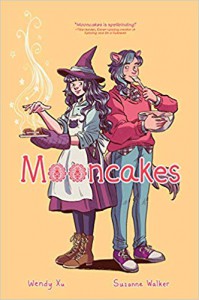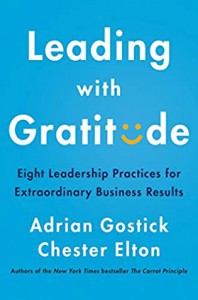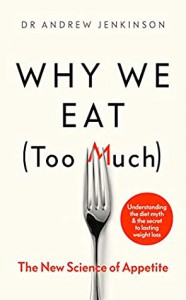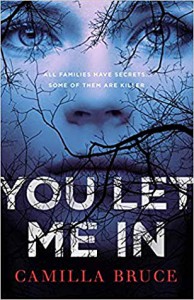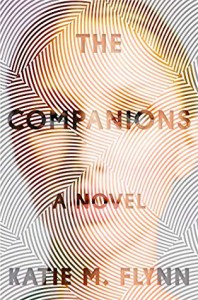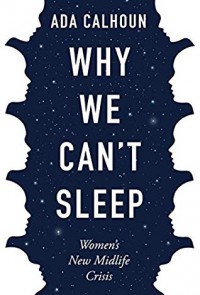
The Holdout
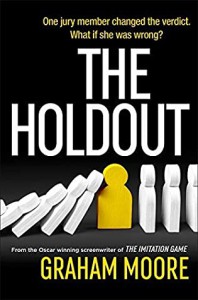
[I received a copy through NetGalley, in exchange for an honest review.]
A mystery where the “detective” is not actually with the police, but a lawyer. Ten years before the beginning of the novel, Maya Seal was drafted as juror in a high-visibility abduction-possible-murder case where a guilty verdict seemed the obvious result… only Maya wasn’t convinced, and managed to bring the whole jury to vote not guilty.
I really enjoyed this novel. As the prime suspect in the murder, and after the controversy that followed the trial from 10 years ago, Maya is well aware that no one is going to cut her some slack—on the contrary!—and that if she doesn’t do something, she may very well be found guilty. And so, she embarks on her own investigation, trying to root out the truth from her former fellow jurors as well as from the previous trial’s defendant. And all along, things are never truly certain, for there are in fact two mysteries, not just one. Was that man actually guilty, or not? And, of course, who’s the culprit in the recent murder?
It’s difficult to write much about this novel, for fear of accidental spoilers, but I can at least say that overall, I liked the characters (they all had their good sides and their darker little secrets), and I found the pacing appropriate.
One thing that I deeply regretted, though: one of the chapters completely spoils the endings to several Agatha Christie novels. Yes, I know, I know, by now the whole world is supposed to have read them, but I guarantee this is not the case (so now, I need to wait a few more years until I forget the spoilers to read those Christie stories…). I don’t know why authors do that, but please don’t. Seriously, don’t. I’d have made it a 4* book, but this kind of stunt makes me feel obligated to dock a half star just on principle.
Conclusion: 3.5 stars.
 1
1




